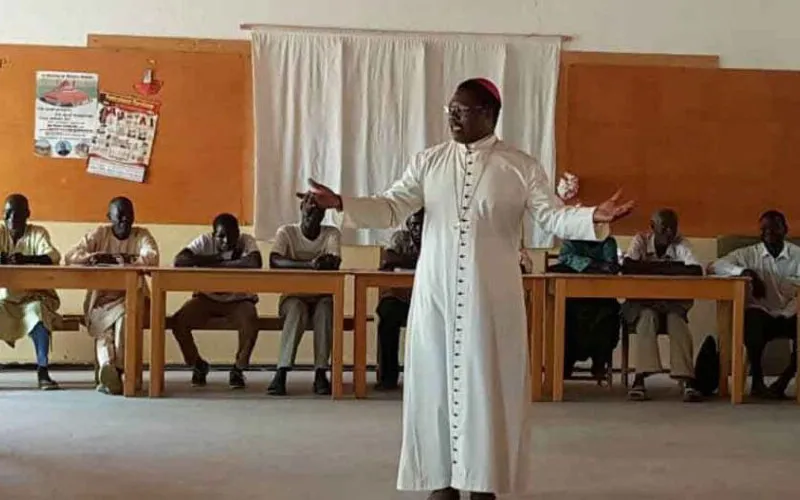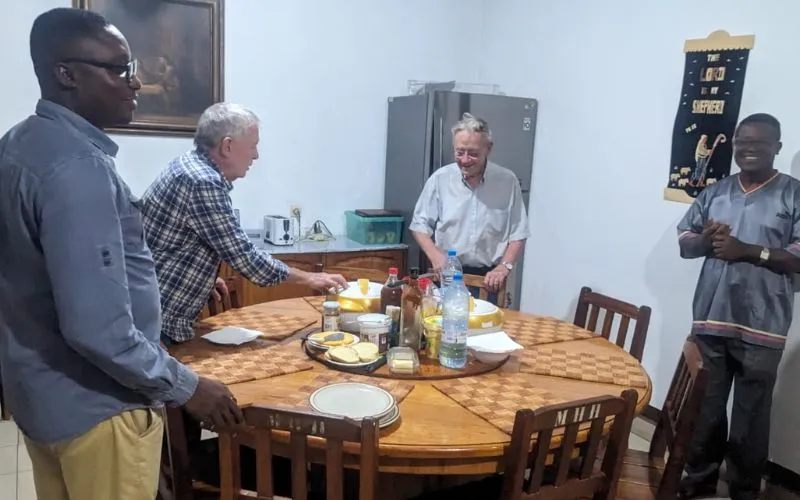Maroua, 13 January, 2025 / 11:48 pm (ACI Africa).
Boko Haram is no longer the lethal group that terrorized locals in the West African nation of Nigeria and parts of neighbouring countries through kidnappings and beheadings especially of Christians, a Catholic Bishop in Cameroon has said.
The sentiments of Bishop Bruno Ateba of Cameroon’s Catholic Diocese of Maroua-Mokolo echo those of his counterpart in Nigeria, Bishop Oliver Dashe Doeme of the Catholic Diocese of Maiduguri, who has maintained on numerous occasions that the Islamist group has been defeated though the Holy Rosary.
Bishop Doeme is a renowned visionary who, in his encounter with Jesus Christ, is said to have been given a message that Boko Haram would be dislodged through praying the Holy Rosary.
In a report that the Pontifical charity foundation, Aid to the Church in Need (ACN) International, published on January 9, Bishop Ateba says that though his Episcopal See, which is situated on the border with Nigeria continues to suffer attacks from Boko Haram, the attacks are not as lethal and as frequent as they used to be.
“The situation has been calmer for a while,” the Local Ordinary of Maroua-Mokolo since his Episcopal Consecration in May 2014 says, and adds, “In military terms, Boko Haram has shrunk. Before they all had heavy weapons. Today that is no longer the case, but they are still bandits who come to steal food, livestock, money and even clothes.”








